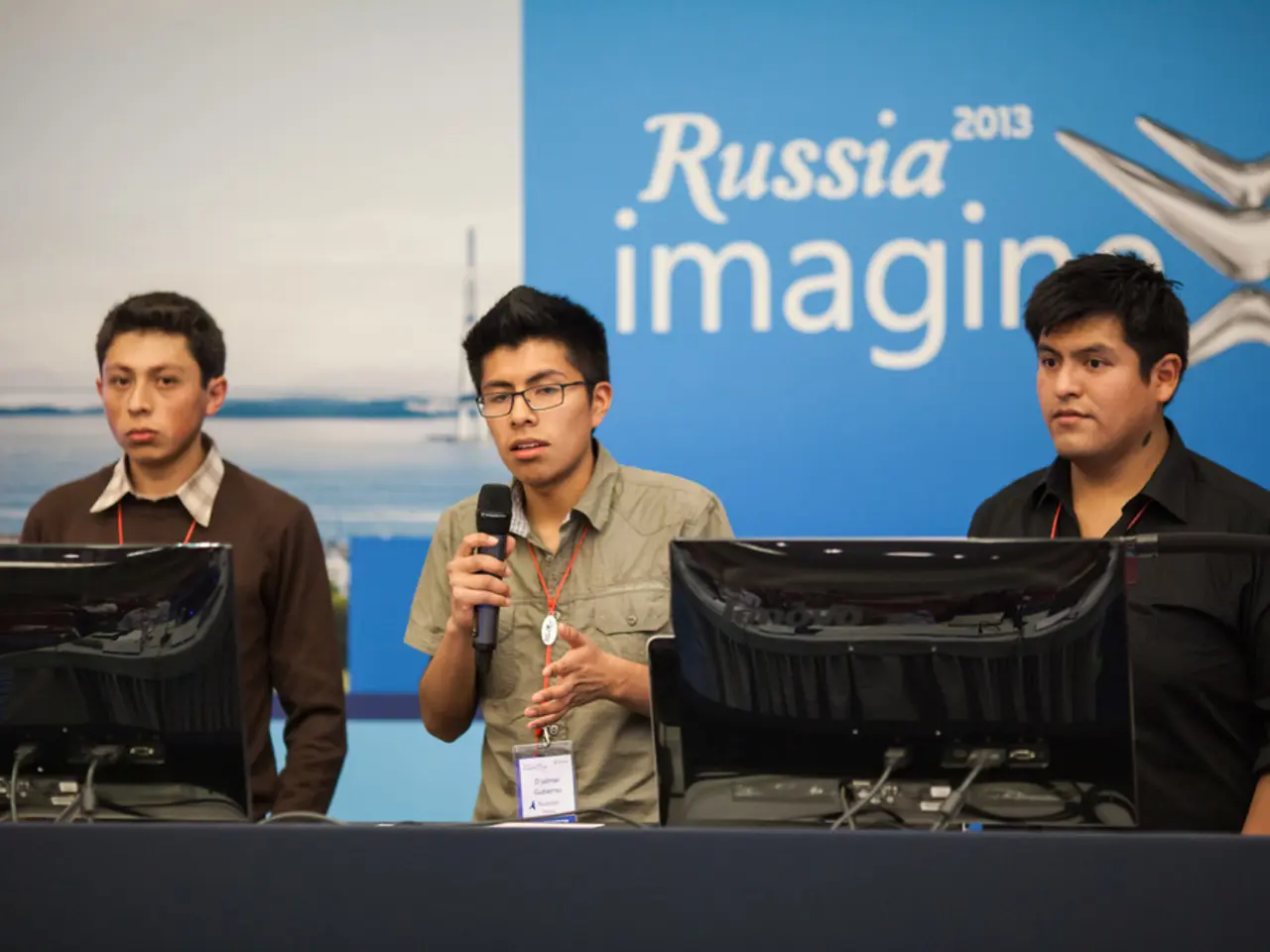United States implementing bond requirements of up to $15,000 for certain tourist visas within a test program
The United States is set to introduce a new visa bond program on August 20, 2025. This program, aimed at reducing visa overstays and strengthening border security, will affect certain B-1/B-2 visa applicants (tourists and business visitors) from countries identified by the U.S. State Department as having high visa overstay rates, deficient citizen vetting, or offering citizenship by investment without residency requirements.
Initially, only nationals of Malawi and Zambia will be subject to this requirement. However, the State Department may update the list of countries affected, providing at least 15 days’ notice before any changes. Nationals of countries under the previous travel bans related to vetting deficiencies could also be added if exceptions apply.
Under the program, visa applicants from the affected countries may be required to pay a bond of up to $15,000. Consular officers have three options for visa applicants subjected to bonds: $5,000, $10,000, or $15,000. The funds for the bonds will be returned to travellers if they depart in accordance with the terms of their visas.
The program gives US consular officers discretion to impose bonds on visitors from countries with high rates of visa overstays. While the program does not specify which countries the bonds will be applied to beyond those mentioned, it does not address any potential impact on tourism or the travel industry due to the bond requirement.
The new visa program comes as President Donald Trump has made cracking down on illegal immigration a focus of his presidency. Resources have been boosted to secure the US border under Trump's presidency, and people in the US illegally have been arrested under his administration.
It's important to note that the program does not indicate any changes in the travel ban issued by President Trump in June, which fully or partially blocks citizens of 19 nations from entering the US on national security grounds.
The program's implementation may cause significant business and tourism impacts, including administrative burdens for U.S. companies and potential diplomatic tensions. The program does not provide details on how the discretion given to consular officers will be exercised.
Travel from Canada and Mexico to the US fell by 20 per cent year-over-year, while transatlantic airfares dropped to rates last seen before the COVID-19 pandemic in May. These trends suggest a general decline in international travel to the US, which may be influenced by various factors, including the new visa program.
[1] U.S. Department of State, "Visa Bond Pilot Program", 2025. [2] White House, "Executive Order on Enhancing Vetting Capabilities and Processes for Detecting Attempted Entry into the United States by Terrorists or Other Public-Safety Threats", June 2025. [3] U.S. Census Bureau, "International Travel and Tourism", 2025.
- The visa bond program, set to be introduced on August 20, 2025, may have substantial financial implications for business visitors and tourists from countries identified as having high visa overstay rates, deficient citizen vetting, or offering citizenship by investment without residency requirements.
- The new visa program, aimed at strengthening border security, could pose challenges for both the US business sector and international relations due to potential administrative burdens and potential diplomatic tensions.




